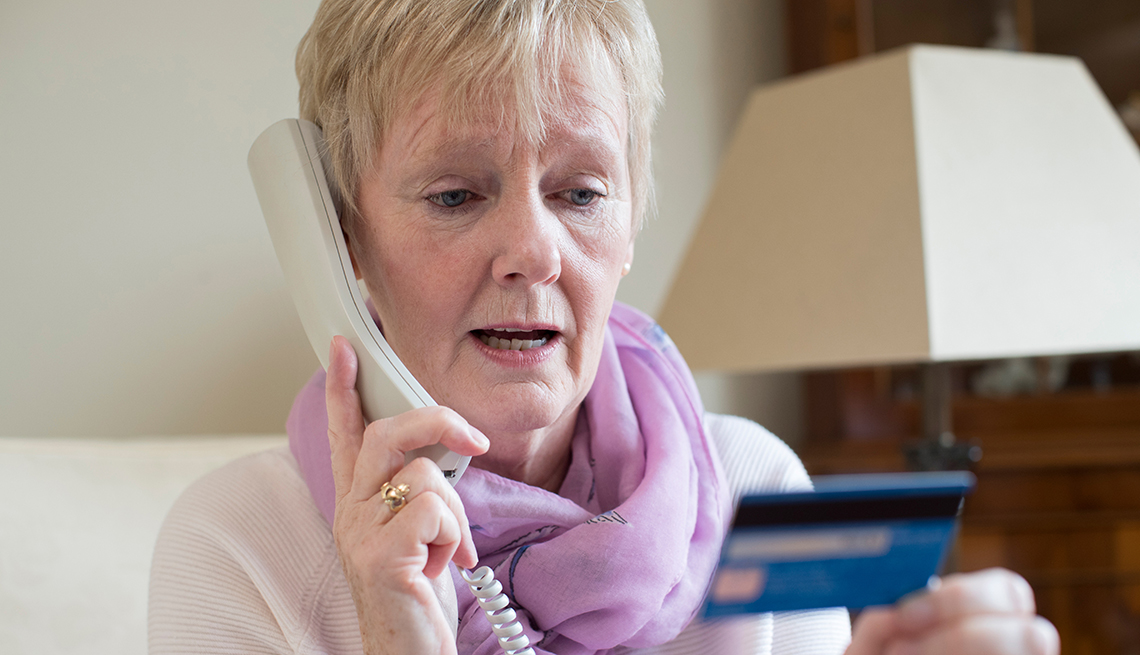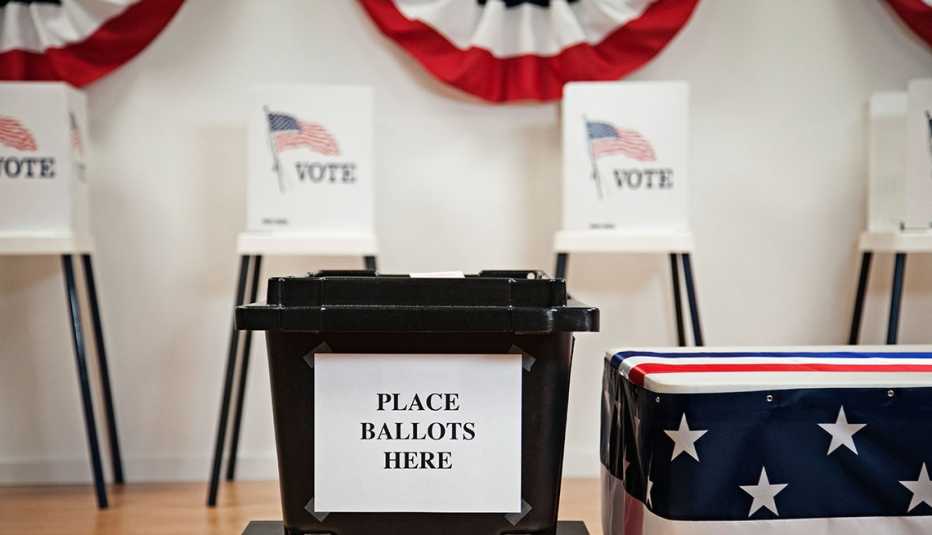AARP Hearing Center
As the midterm elections approach, consumers should be on the alert for bold scammers that government and industry experts say are increasingly using fake phone calls to prey on potential victims.
Con artists pose as political volunteers in an attempt to lure voters into donating money by asking for cash or a credit card number. Targets may be told that they can register to vote by phone, which is not permitted anywhere in the United States, if they supply a Social Security number. Scammers use analytics to target areas with a high concentration of older adults, such as Florida.
The deceptions are pervasive and persuasive. Political ruses often start with an unsolicited telephone call, email or text. Experts say these communications should be considered suspicious, and they urge consumers not to answer numbers they do not recognize. If you do receive and answer such a call, hang up as soon as the caller asks you for any sensitive personal information.
The National Association of Secretaries of State is warning its membership to be vigilant regarding fake political calls. The FBI and the Department of Homeland Security are investigating dozens of reported incidents. “Scammers are experts at social engineering and they can tell an incredibly convincing story,’’ says Jonathon Nelson, director of product management at Hiya, a worldwide caller ID company. “The best thing is to never give anything to someone over a phone call — information or money.’’
Here are the most-common political fraud schemes and how to combat them:
Cash Donations
When any organization calls and asks for a donation, many Americans already are skeptical. But some politically minded citizens engage in conversations with pseudo-political volunteers, particularly if the callers express like-minded opinions. That leaves them susceptible to giving money to a campaign. While some campaigns legitimately contact citizens, many targets fail to verify that the call is legitimate.




































































